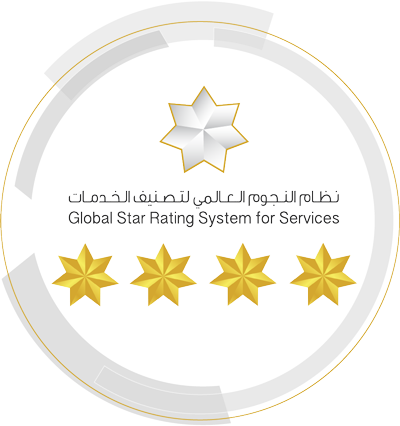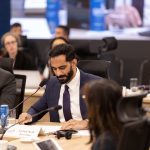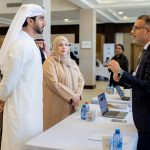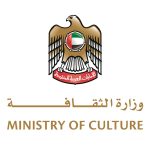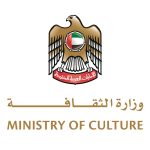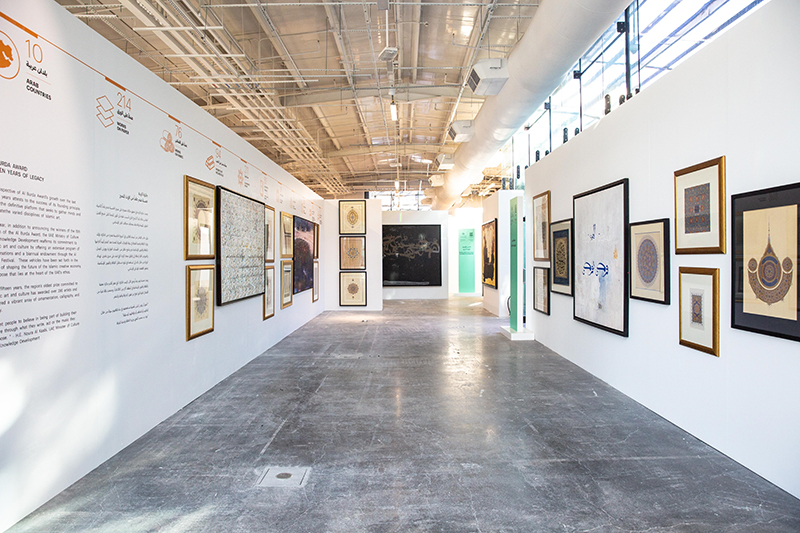
The Ministry of Culture and Knowledge Development has launched the first of its kind study in the Arab region using Swarm AI with participation from experts in field of Islamic art and culture. This study is based on result from artificial intelligence as opposed to traditional polls that are limited in their capacity to offer meaningful ideas and insights.
The study focused on how the Ministry of Culture and Knowledge Development can cooperate with key players in the cultural sector to develop appropriate policies, encourage initiatives to stimulate innovation, support creative experiences, enrich global dialogue on the future of Islamic arts and analyze the impact of government partnerships on Islamic culture for the next five years.
UAE Minister of Culture and Knowledge Development Noura bint Mohammed Al Kaabi stressed on the importance of adapting modern technology in the culture and arts sector to contribute to the development of new artistic orientations and schools for the younger generation.
She added: "We have achieved important results that will shape the future of Islamic art and cultural sector, including but not limited to allocating appropriate funds for art programs that will help develop the technical skills of creative individuals. The study also predicted that performance and visual arts sectors will witness substantial growth over the next five years and through partnerships with the government we will be able to create a more intellectually aware audience of Islamic arts."
The result and recommendation from the study were implemented in the form of initiatives and programs such as the inaugural Al Burda Endowment, which will benefit areas of Islamic design, craftsmanship.
In the study, experts stressed that the greatest challenges facing artists in the field of Islamic culture and arts is limited funding and lack of public awareness about the importance of Islamic arts. For this reason, the Ministry of Culture and Knowledge Development launched the Al Burda Endowment to stimulate the arts community and create a better understanding of Islamic art.
Experts also noted that formal and vocational trainings were key to improve technical and creative skills in the field of Islamic art. Other details revealed that partnerships with artists, art galleries and artists was a top priority followed by partnerships with universities, educational institutions and media.

